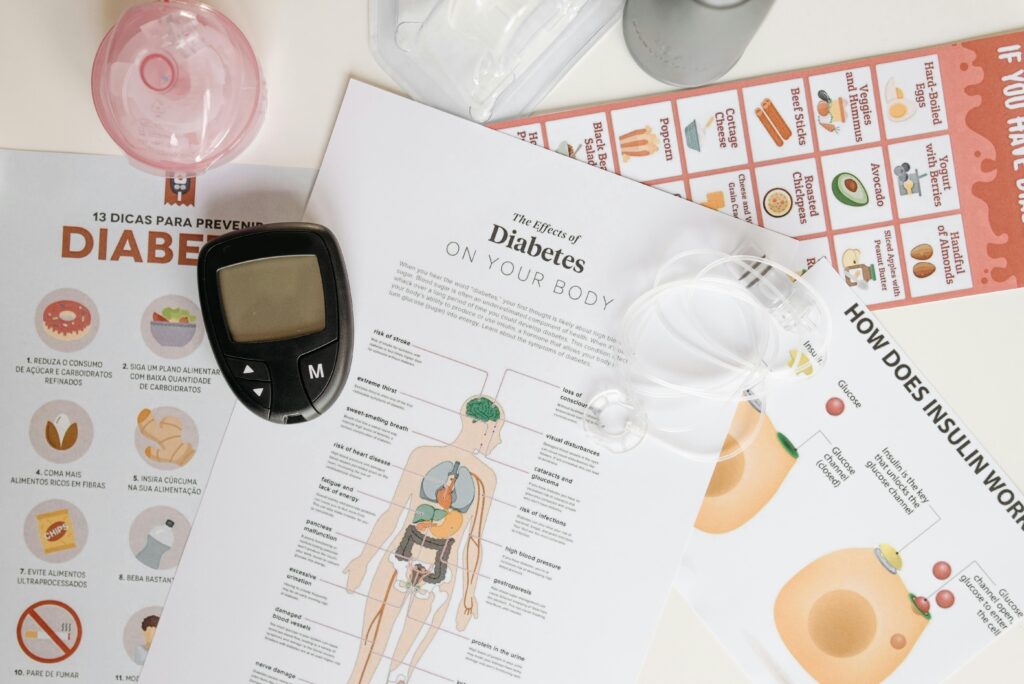Healthcare costs can be a significant expense, especially as we age. Medicines, in particular, can take up a large portion of a senior’s budget. However, with a few smart strategies, it’s possible to manage these costs effectively while ensuring access to necessary medications.
1. Know Your Medications
Understanding what medicines you take and why you need them is the first step in budgeting. Keep a list of your prescriptions, including dosage and frequency. This helps in managing refills and avoiding unnecessary purchases. Additionally, having a clear understanding of potential side effects and interactions can help prevent costly medical complications.
2. Opt for Generic Medicines
Generic medicines contain the same active ingredients as brand-name drugs but cost significantly less. They are approved by regulatory authorities and have the same effectiveness and safety standards. Always ask your doctor or pharmacist if a generic version is available for your prescribed medication, as it can save a considerable amount over time.
3. Compare Prices at Different Pharmacies
Prices can vary between different pharmacies, including local medical stores and online pharmacies. Check online price comparison tools or visit multiple stores to find the best deals. Some pharmacies offer senior citizen discounts or membership programs that can further reduce costs.
4. Buy in Bulk for Long-Term Medications
If you take certain medicines regularly, purchasing a three-month supply instead of a one-month supply can reduce costs. Many pharmacies offer discounts on bulk purchases, and this also helps in ensuring you don’t run out of essential medications unexpectedly.
5. Use Government and Insurance Benefits
Many government health schemes and insurance plans cover medicine costs for seniors. In India, programs like Ayushman Bharat and state-run health initiatives provide discounts or free medications for eligible individuals. Check if your insurance covers prescription drugs and take full advantage of the benefits available to you.
6. Ask Your Doctor About Alternatives
If a prescribed medicine is too expensive, talk to your doctor about more affordable alternatives that provide the same benefits. Some newer or branded drugs may have equally effective but cheaper generic options. Your doctor may also suggest lifestyle changes that can reduce the need for certain medications.
7. Look for Discount Programs and Coupons
Many pharmaceutical companies offer discount programs for seniors. Additionally, some pharmacies provide loyalty or membership cards that offer lower prices on medicines. Websites and mobile apps often provide coupons that can be used to get discounts on prescriptions.
8. Avoid Unnecessary Medications
Regularly review your prescriptions with your doctor to ensure you are not taking medications that are no longer needed. Over-medication can not only be costly but also lead to unwanted side effects. Keeping your prescriptions up to date with only necessary medications can significantly reduce your spending.
9. Plan and Track Your Expenses
Set aside a specific budget for medicines every month. Keeping track of your medical expenses helps avoid financial strain and allows for better planning. Maintaining a health journal with medication records, doctor visits, and expenses can be helpful in managing long-term healthcare costs.
10. Consider Home Delivery Services
Many online pharmacies offer home delivery at discounted rates. This not only saves money but also time and effort, especially for seniors with mobility issues. Before choosing an online pharmacy, ensure it is a trusted provider and check reviews to avoid counterfeit medicines.
11. Leverage Community and Non-Profit Support
Several NGOs and charitable organizations provide free or subsidized medicines for the elderly. Local community health centers may also have programs that help seniors access affordable medications. Don’t hesitate to reach out to these resources for financial assistance.
12. Stay Informed About New Policies and Schemes
Government health policies and schemes often change, and new benefits may be introduced. Keeping yourself updated through healthcare websites, news sources, or consulting with your pharmacist can help you take advantage of new programs that may reduce your medication costs.
Final Thoughts
Managing medicine expenses doesn’t have to be stressful. With proper planning, research, and discussions with your healthcare provider, you can reduce costs while ensuring you get the necessary medications. Staying informed and proactive is the key to a healthy and financially secure life. By making small adjustments in how you purchase and manage your medications, you can significantly cut down on expenses while maintaining your health and well-being.





